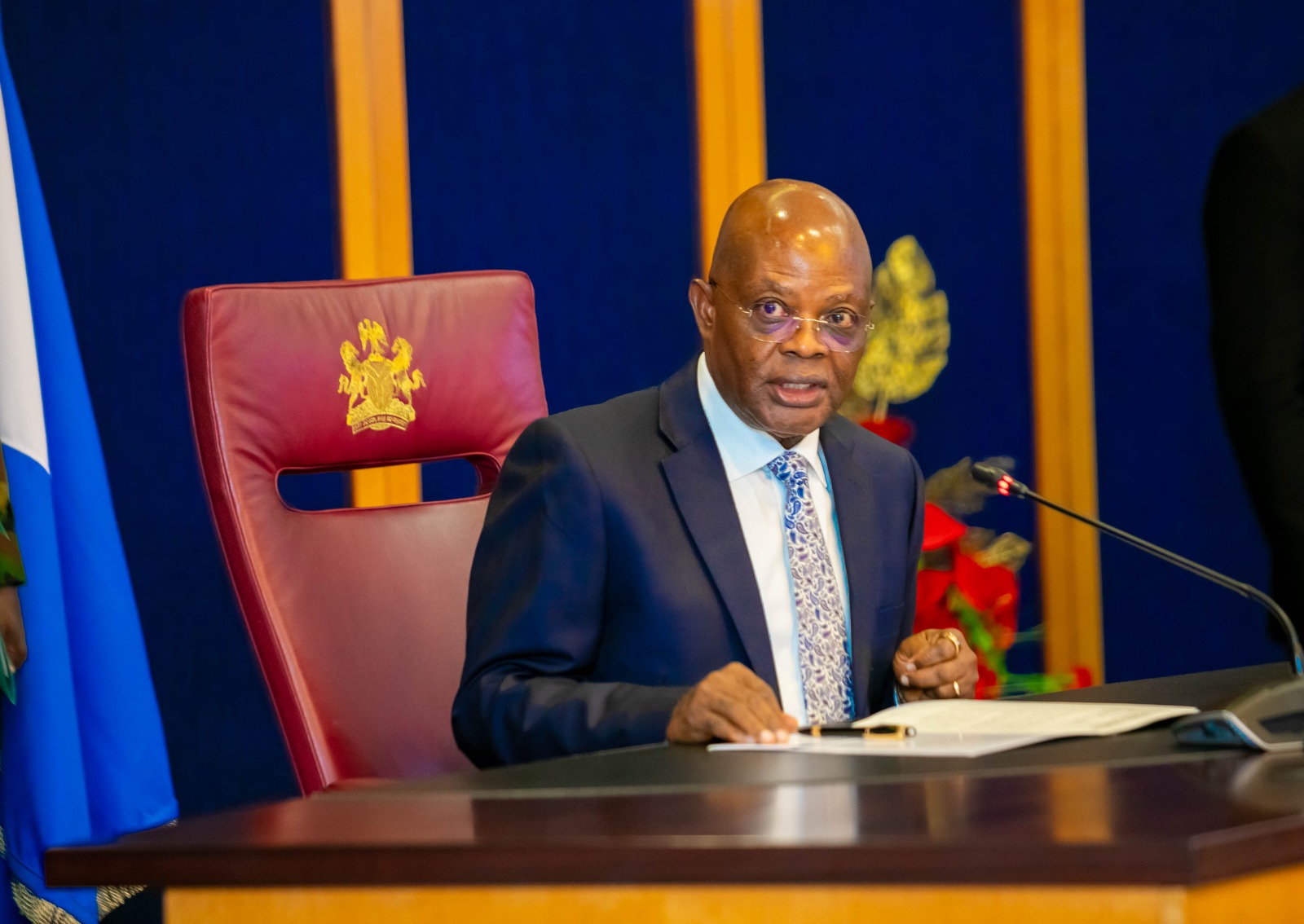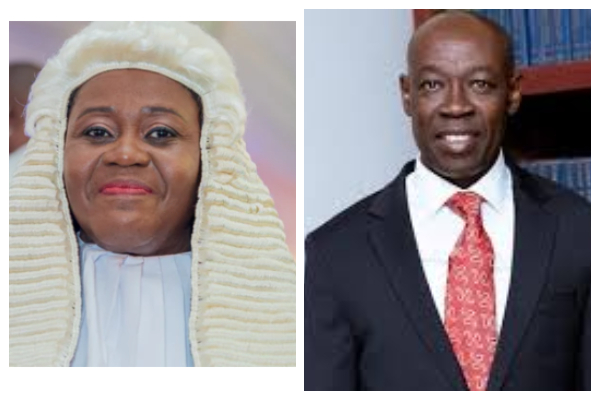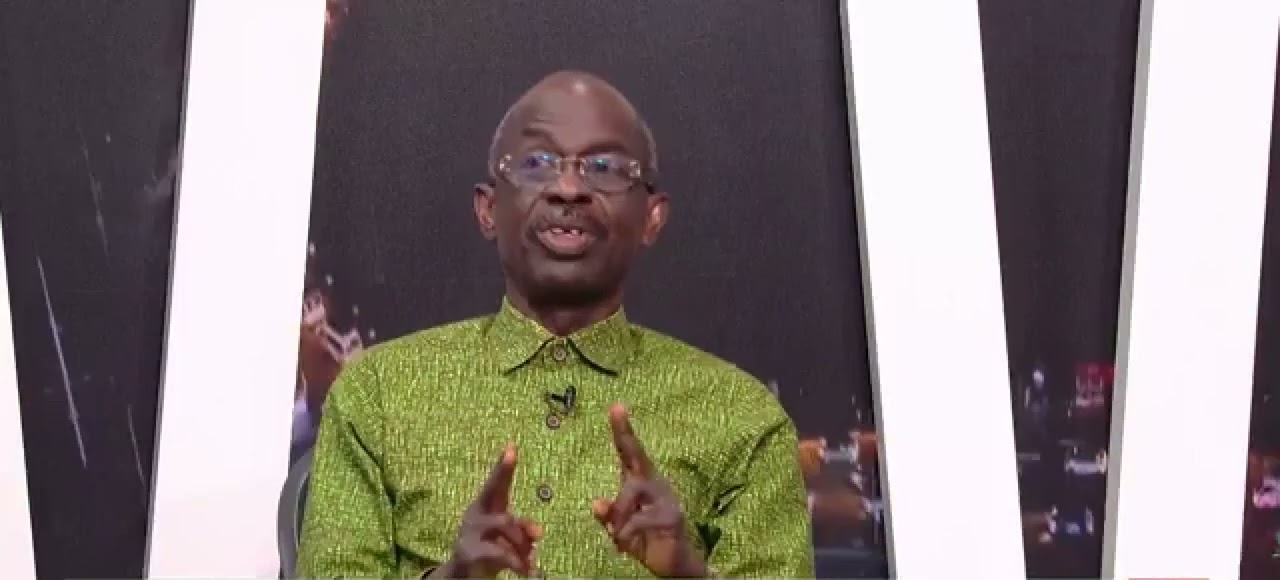Raja Kumari Angered by Diljit Dosanjh's Met Gala Controversy

Rapper and songwriter Raja Kumari has voiced strong criticism against luxury brand Cartier for allegedly denying singer Diljit Dosanjh the opportunity to wear the iconic Patiala necklace at the 2025 Met Gala. Kumari described the situation as "performative inclusion," highlighting concerns about South Asian representation in Western media and fashion. Dosanjh's team had requested the necklace to complement his Maharaja-inspired outfit, but were informed that it was unavailable, while a version of it was worn by YouTuber Emma Chamberlain in 2022.
Styled by Abhilasha Devnani, Diljit Dosanjh's Met Gala appearance paid homage to Indian Maharajas, featuring a custom ensemble by designer Prabal Gurung, including a turban, kurta, tehmat, and a sword. The Patiala necklace, originally commissioned in 1928 by the Maharaja of Patiala, contains 2,900 diamonds and originally weighed 1,000 carats. Its estimated value has surged from Rs 10 crore to over Rs 21,000 crore ($2.5 billion).
Raja Kumari emphasized the double standards, noting that while the West often exoticizes South Asians, genuine representation remains a challenge. She referenced Cartier's decision as a clear example of selective inclusion. Kumari recounted her experiences in the Western music industry, where she was often the only Indian and faced cultural misunderstandings. Despite these challenges, she acknowledges a gradual shift with more South Asian stories being told across various creative fields.
Kumari also shared how her personal experiences with cultural misunderstanding inspired her music. She recalled how her insistence on wearing a bindi was questioned by her U.S. music label. In response, she created the song Bindis and Bangles, using the track as a form of cultural assertion and resistance. Despite the disappointment surrounding the Patiala necklace, she emphasized that South Asian artists continue to carve space for themselves.










